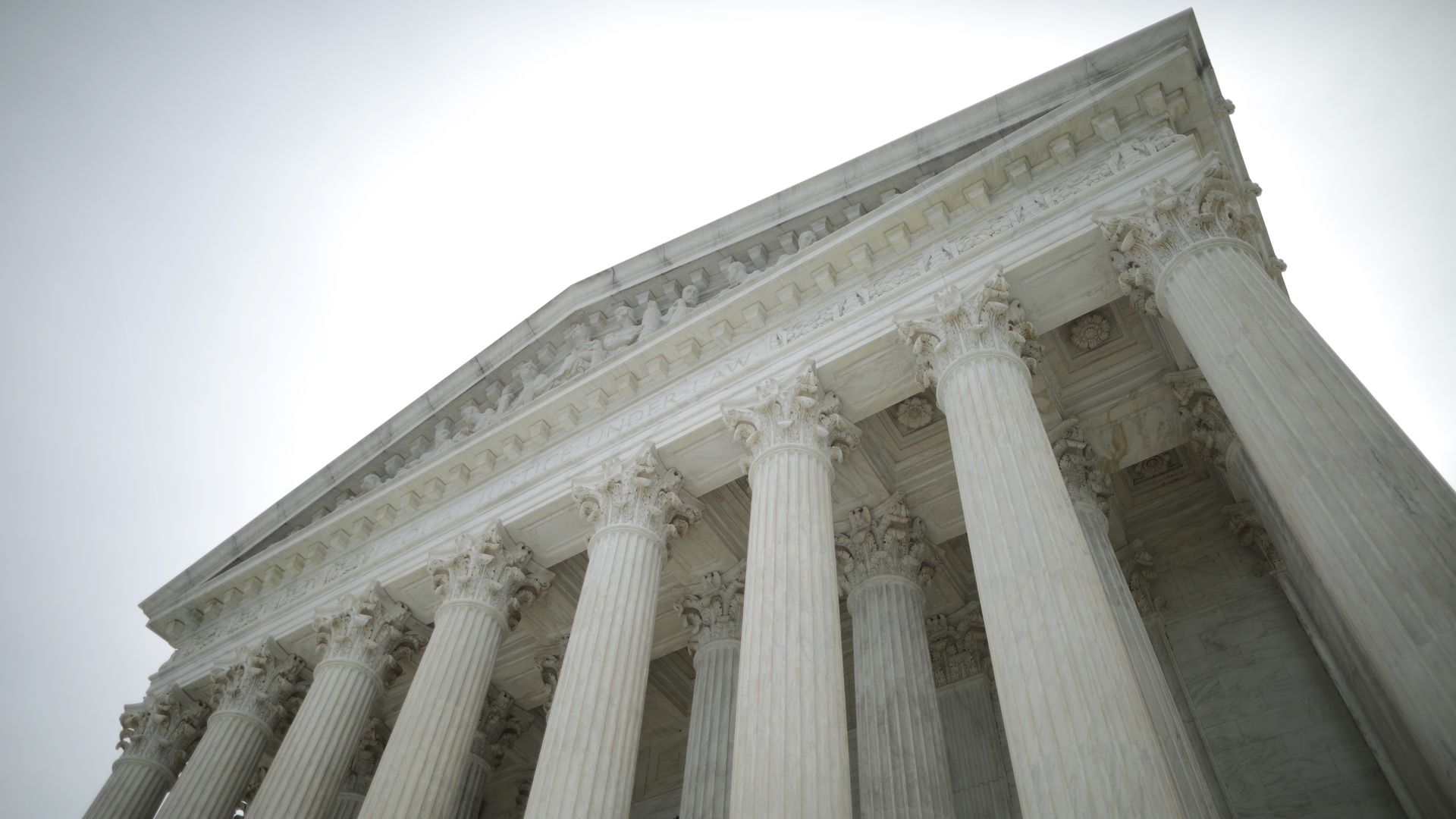Supreme Court strikes down Louisiana abortion law
Add Axios as your preferred source to
see more of our stories on Google.

Photo: Chip Somodevilla/Getty Images
The Supreme Court struck down abortion restrictions in Louisiana on Monday, a sign that even if the court's newly expanded conservative majority wants to chip away at abortion rights, it will likely do so incrementally.
Why it matters: The court's 5-4 ruling largely leaves the status quo of abortion law unchanged, affirms the court’s precedents and leaves big decisions about the future of abortion access for another day.
The big picture: Louisiana had required abortion providers to maintain admitting privileges at a nearby hospital. The Supreme Court struck down nearly identical requirements in Texas in 2016. And the justices said today that their earlier decision controls this case, too.
- Chief Justice John Roberts joined the court's more liberal justices in the decision, though his concurrence was based on the precedent established by the Texas case.
This is not a particularly groundbreaking ruling on the law.
- But it will likely upset conservative activists who want to see the court — and Roberts, in particular — constrain abortion rights and move more aggressively on a host of issues.
- This is the third blockbuster case in a row, following rulings last week protecting LGBTQ workers and upholding the DACA immigration program, in which at least one of the conservative justices sided with the liberals.
The bottom line: Legal experts from both sides of the ideological divide still expect the court to ultimately chip away at access to abortion and narrow the scope of the precedents that make it legal.
- And it will likely get there by upholding state laws that place some type of limits on access to the procedure. Those laws will need to be a little more different from restrictions the court has already, and recently, struck down.
